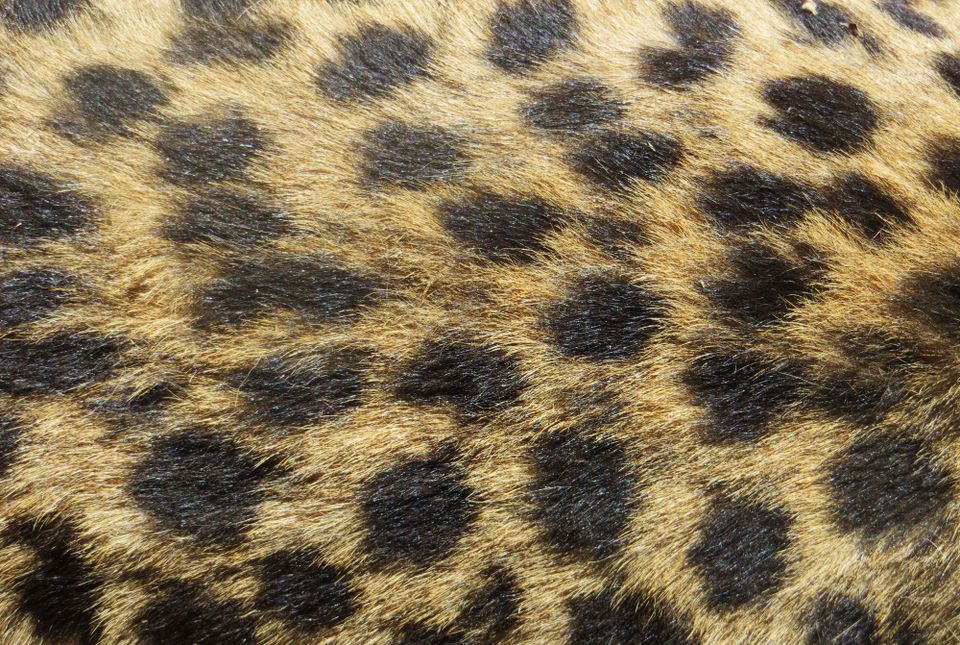Fur

Fur was one of the most revolutionary discoveries for mankind. It gave them warmth. Since sources of warmth like fire were not always comfortable and could hurt you if gotten closer, fur clothing had both comfort and warmth. At present, people use fur clothing as a fashion, but it is now not as socially acceptable as it once was since it promotes animal abuse. Without fur, our lives would be very different compared to now.
In the olden days of humanity, people used to hunt animals for fur. People used their weapons and killed big furry animals by stabbing them and then shearing the fur from the animal. People used fur for a wide variety of things such as clothing, shelter, furniture, decorations and much more. And still to this day, people still use hunting as their main source of fur.
Most animals have fur for protective reasons such as protection, sensory purposes, waterproofing, camouflaging and even to scare off potential predators. Out of all these purposes, the most prominent one is to control temperature. Animals that are in colder regions have thicker fur than regular animals to adapt to the cold environment. One well-known animal for using fur for protective purposes is the porcupine, which uses spines or quills to defend itself against potential predators and other threats.
Humans used to hunt animals for fur because back in the day it was one of the main sources of warmth. The mammoth, an extinct creature, was hunted by humans because of its fur. Another animal, the sheep was and still to this day is used for its fur or rather wool.
Down hair or underfur is the inner layer of fur composed of curly hairs with no straight proportions. Down hair’s main purpose is to keep the animal warm. Guard hair is the top layer of the fur coat. Guard hairs are longer, generally coarser, and have straight shafts that extend through the down hair. Down hair repels water and blocks sunlight, to protect the underfur and skin from wet and aquatic habitats as well as from the ultraviolet rays from the sun. Guard hair can also reduce the severity of cuts and scratches to the skin. Most mammals such as the cat or dog have a reflex that raises their guard hair as a threat display when agitated. Awn hairs are like a hybrid of both the Down hair and the Guard hair. Awn hairs grow much like Guard hairs, but way shorter. Awn hair starts to grow thin and wavy, like the Down hair. The proximal part of the Awn hair helps in warming up the animal (like the Down hair) whereas the distal part helps repel water (like the Guard hair).
Fur has served as a source of clothing for a very long time. In the past, it was worn due to its insulating quality, with aesthetics being another reason over time. Pelts were either worn on the inside or on the outside, depending on the characteristics. Fur is also used to make felt, which is used to make bowler hats, top hats, or cowboy hats. The use of fur has died down and become controversial because it is considered animal abuse by the majority of the people and you need to kill an animal just for fashion reasons, but it is still a largely popular fashion choice.
In the present time, animal hunting is not as socially acceptable as it was before because of animal rights and some animals being a threatened species or even becoming extinct because of hunting. We also don’t use fur in the present more than it was used in the past, since there are now alternatives to clothing other than fur.
To conclude my writing, fur is one of the most revolutionary inventions humankind has ever thought of. And although we don’t use fur much in the present anymore, the present day would be a lot more different without fur existing.
References
The debate on whether fur should be used as clothing
Author biography
Ali Aahil Mausoom is a 13 year old living in Male’, Maldives. His hobbies include doing coding experiments, reading, writing and playing video games. He is very interested in the human mind and psychology, and he aspires to become a psychiatrist one day.

Cite this article as:
Ali Aahil Mausoom, Fur, theCircle Composition, Volume 1, (2021). https://thecirclecomposition.org/fur/
